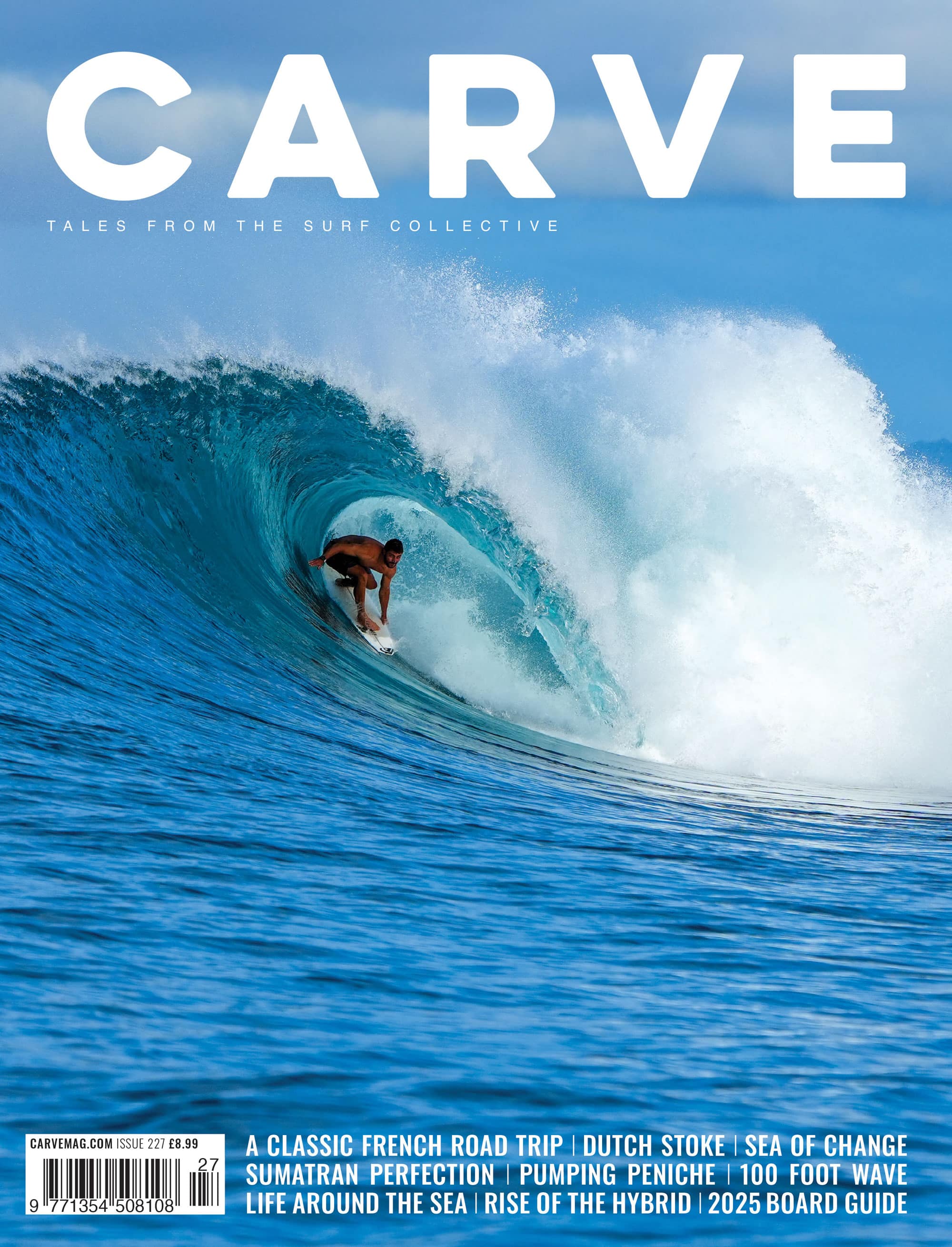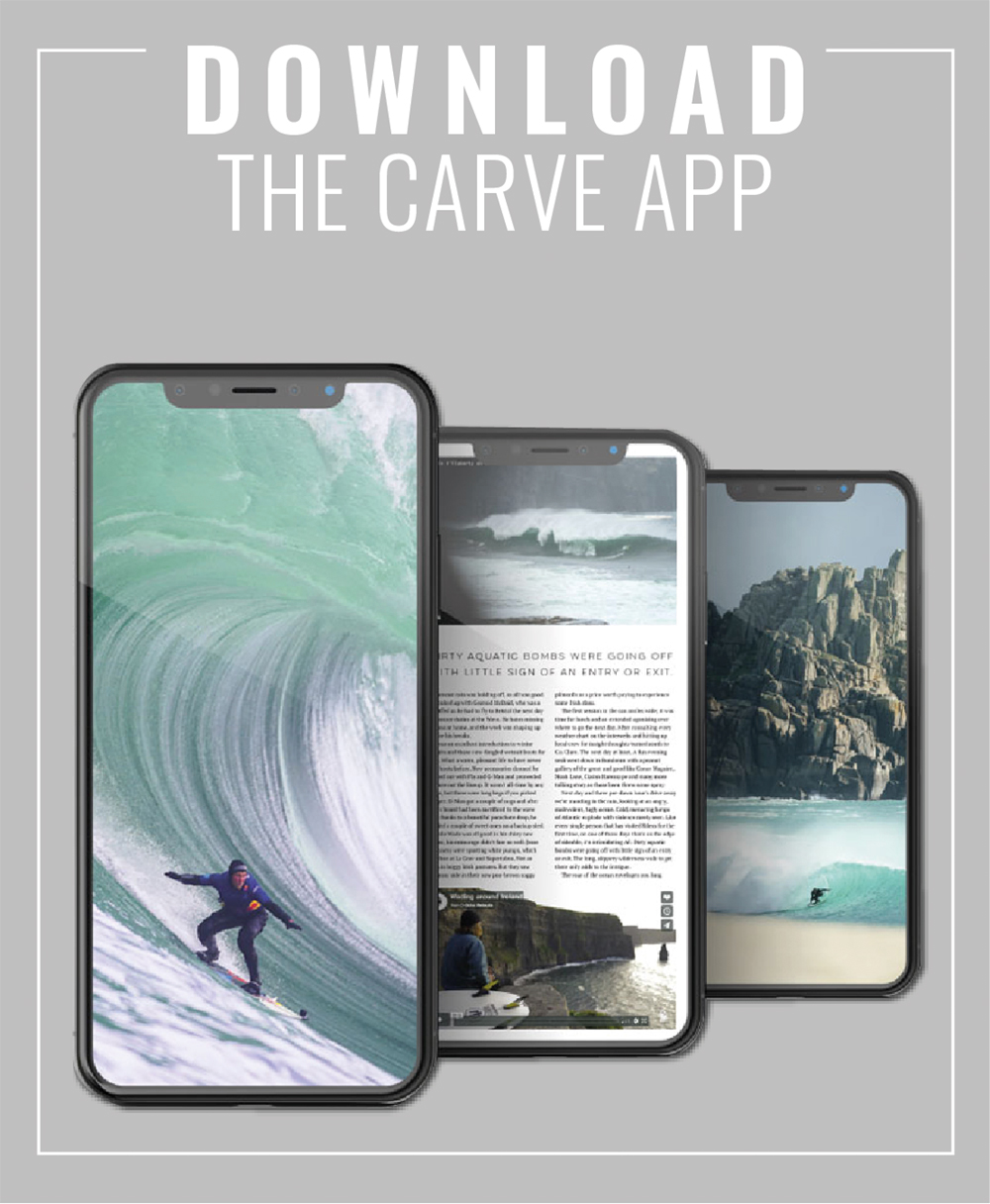
We all know the power of surfing, don’t we? That feeling of complete immersion and undivided presence in a moment that it can bring. It fills our heart and settles the soul. Whether trimming along an unbroken wave or simply floating whilst admiring a burning sun sink beneath the horizon. These are all simple pleasures that surfers share and relate to. But what if the power stretched further than that? What if it defined a life and without it there lay a chasm seismic enough to fit drugs, violence and potentially death within?

This is the reality of the lives of street children and the story of the children I have just had the pleasure of meeting and sharing the simple joy of surfing with in Durban, South Africa.
Before I embark on a South African tale I’ll provide the basis for which the trip was born from. I work as part of a wonderful organisation, Surfing England, that has experienced a journey of its own and I am one of the fortunate few who has helped navigate the voyage. We recently reached a major destination so the time to take a short break was upon me. So when Tom Hewitt, founder of charity Surfers Not Street Children asked “would I like to go on an adventure”, I simply responded: yes.
I arrived in Durban in early January. Leaving the English winter behind (not a difficult decision) and donning the boardies and factor fifty (still burned).

My initial reaction to Durban …“this. Is. mental”. Tom was quick to spot my wide-eyed surprise and enlightened me that the tens of thousands of people at the beach wasn’t normal, this was in fact the last day of holiday” – but he reminded me to keep my eyes wide open for the experience ahead.
Surfers Not Street Children is not only a noble and impactful charity, which receives the regular thumbs up from people such as the Pope and Prince Harry, but more than that … it is a lifeline.
A lifeline that has changed many lives. None more so that Sihle Mbutho. A wonderful soul with a bumpy past. Born in the township slums of Durban he’s grown from a street kid with days of stealing, extreme violence and drugs now in the past thanks to the amazing work of Surfers Not Street Children. He’s becoming independent and has aspirations to one day have a job and support himself and his family.
I travelled through Africa with him and his infectious laughter, our journey took us from Durban to Mozambique (head north from Durban, it’s only a 25-hour drive!) and back, as I listened to his crazy stories in awe and in realisation of my sheltered and wonderful upbringing, knowing how different two lives can be. He lost both his parents to Aids and he’s seen things beyond my worst nightmares, but he wears a smile bigger than most. He took us to his township shanty town, opening my eyes to poverty at its worst, but he’s still proud of his roots as they make him who he is. He mainly spends his time shredding any waves he can find, he can now even count Jordy Smith and Kelly Slater as friends and fans, and his surfing ability is second to none. But beyond that, surfing has truly changed his life, in fact it is his life, I asked him, “What would you be doing if you weren’t surfing or part of this charity?” He answered unequivocally and without hesitation, “I’d probably be dead.” This startling hypothesis wasn’t born from statistics, it came from his reality and the knowing of friends and peers, that he walked his early path with but no longer roam this world.

Africa is a beautiful place with some brutal realities. On my final day with the charity we took a group of 8-16 year olds surfing. I could sense a partial stand-offish nature to me, but to be fair if some overly frothing white guy with a moustache was trying to high-five me then I would probably avoid him too. None the less we all soon bonded and just before they entered the water the group leader said some words to me, which sent a shiver down my spine and rocked me to my core.
“It’s crazy these kids are all going to rehab next week aye?”
“What do you mean?” I responded.
He looked at me and quietly muttered, “Nick, these kids are all drug addicts.” He went on to explain many of them get introduced to drugs from five or six years old, they survive on the streets any way they can, but that their charity tackles this and uses surfing as the tool for change.
But in front of me, practicing their paddling in the sand, lay a group of kids. In the moments where they take that plunge, they paddle for the waves, and they ride to the shore – it is just the simplest of joys and happiness spreads like wildfire throughout. For a short time they are no longer defined as street children, young offenders or drug addicts, they are, simply … kids surfing.

The charity take on the responsibility to support, nurture, and house and help these kids. Those who make it all the way eventually “graduate” and then enter an independent living programme. Tom will even aim to employ them at the charity as roles such as lifeguards and coaches.
The message that hit home and that anyone can take from this is the power of an idea, an appreciation that people can create change and the power of sport. Surfing can and does change lives. In this story the hero has a name, it’s Surfers Not Street Children, the idea had a source in Tom Hewitt, the story has a face, it’s Sihle, but it’s bigger than that – it’s an agreement with oneself that change can be made, how big or small is just up to the dreamer. My trip away has made me understand that dreaming is a privilege, and our ability to dream and take action towards achieving this is a real privilege. A privilege that I, Surfing England, Surfers Not Street Children and fortunately many of the surfing world embrace, but more can always be done, so identify the cause and commit to the challenge of bringing change.
For more info check out surfnotstreets.org





